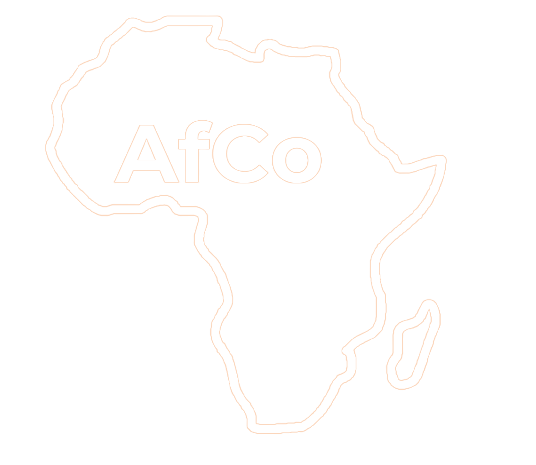Voters, Taxpayers, Partners: Public Opinion on Development Assistance in High-Income Countries
Due to insufficient awareness, public opinion in OECD countries does not rank international development and poverty reduction assistance highly in terms of important national political issues. As a result, official commitments to international economic development programs remain tenuous. In this context, improving public awareness in developed countries is a key challenge to achieving the Millennium Development Goals (MDGs). Fortunately, the collective experience of member countries of the OECD Development Assistance Committee (DAC) has produced several "good practices", such as giving priority to public awareness, developing inter-ministerial strategies, using research and surveys to improve data, partnering with key actors in civil society and mobilizing appropriate financial and human resources. For many donors, more progress is needed on all these fronts. Efforts to improve the effectiveness of development assistance are an opportunity to give a long overdue explanation to the public of why development is important. This is also an opportunity to mitigate the risk of deepening skepticism among taxpayers, which could erode decades of support ? albeit fragile ? for international cooperation for assisting developing nations. While this may be a difficult challenge for policy makers, public pressure is a strong incentive for reformers to significantly strengthen the effectiveness of public development assistance and the consistency of MDG-related public policies. This in turn would improve the chances of achieving the MDGs in poor countries.
